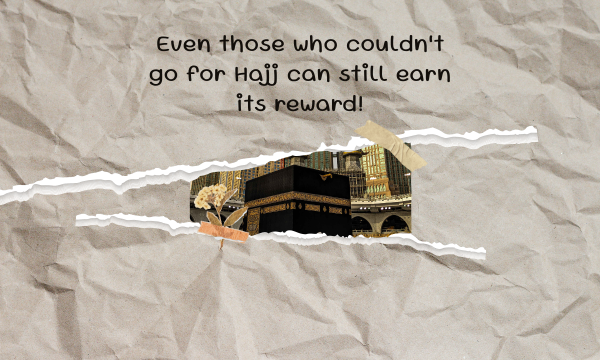One major problem in our society is how we respond when someone dies by suicide. We often react with immediate sympathy, saying things like:
1.”He must have felt so hopeless.”
2.”He must have been so alone.”
3.”He must have been suffering terribly.”
4.”He probably had no one to help him.”
While these reactions come from a place of compassion, we don’t realize how they might affect our thinking over time. When we consistently respond this way, we risk making suicide seem like an understandable choice rather than a tragedy that could have been prevented. Our minds gradually become more accepting of suicide as a solution, viewing it less as a devastating loss and more as a reasonable decision made by someone who was struggling.
This raises an important question: What message are we sending to young people when we normalize suicide in this way?
Should we praise or pity someone who loses hope in Allah’s mercy and chooses a forbidden path to end their life? Or should we clearly say “NO” to this act and discourage it, so that no one in our society thinks suicide is acceptable?
Any wise person will agree that we should not show sympathy for someone who chooses to end their life. Instead, we must clearly and strongly say that it is wrong, so that everyone understands: suicide is not something to be respected or pitied—it is a terrible ending. We should always ask Allah to protect us from such acts.
When we feel sorry for someone who did this, we are essentially telling other struggling people: “If you end your life too, people will feel sympathy for you. They will remember you. They will call you a victim.” This thinking leads us to a dangerous place where we write emotional posts about those who died by suicide, calling them “heroes” or “innocent victims.” The truth is: this only encourages others to do the same. Our words of sympathy can make suicide seem like a way to get attention, love, or respect.
Instead, we should use strong and clear words to show how serious and wrong suicide is. Everyone must understand that suicide is not bravery—it is cowardice. It shows ingratitude for the precious gift of life that Allah has given us.
Only someone who loses all hope in Allah’s mercy chooses this path, destroying both their life in this world and in the hereafter.
Islam has never taught us to give up in times of sadness or trouble. Our religion teaches us that during pain, stress, or hard times, we should be patient, pray, make dua (supplications), and turn to Allah for help—not commit suicide.
When we hear such news, our real duty is not to feel sorry for the one who ended their life, but to care for the living people who are suffering quietly. They are the ones who need us. They need hope. They need someone to listen, to support them, and to remind them: “After every hardship, there is ease.”
Allah says in the Qur’an:
“Surely, with hardship there is ease.”1
We must teach people that the problems of this world are temporary. Ending your life because of them is a foolish mistake.
Life is a trust (amanah) from Allah, and only Allah has the right to take it back.
Killing yourself is just like killing another innocent person.
It is not a “sad” or “victim’s death” — it is a forbidden (haram) act.
It means being ungrateful for the life Allah gave and saying “NO” to the plan (qadr) that Allah made.
Trying to escape short-term pain by suicide is like choosing forever destruction.
Our beloved Prophet Muhammad ﷺ said:
“Whoever jumps off a mountain and kills himself, will be in the fire of Hell forever, falling again and again.
Whoever drinks poison and kills himself, will keep drinking that poison forever in the fire of Hell.
And whoever uses a knife or metal weapon to kill himself, will keep stabbing himself in the fire of Hell forever.”2
Remember, the troubles and tests of this world aren’t just hardships. For a true believer, they become a source of God’s mercy, forgiveness of sins, and a path to salvation in the afterlife.
The Prophet Muhammad (peace be upon him) said:
“Whenever a Muslim is afflicted with any distress, illness, anxiety, pain, or grief—even if it’s just a prick from a thorn—Allah uses it to atone for their sins.”3
A true Muslim should always be pleased with Allah’s plan, no matter what happens. He should believe that Allah never leaves anyone alone or wastes anyone’s efforts. The problems that feel like they’re breaking us today can actually help us grow and become better tomorrow.
Our job is to hold on to patience, keep making dua (prayer), and always hope for Allah’s mercy. Believe this! Anyone who trusts Allah is never left alone by Him.
May Allah give us the strength to stay patient during life’s tests, and may He let us leave this world with strong faith and goodness. Ameen.













Leave a Reply